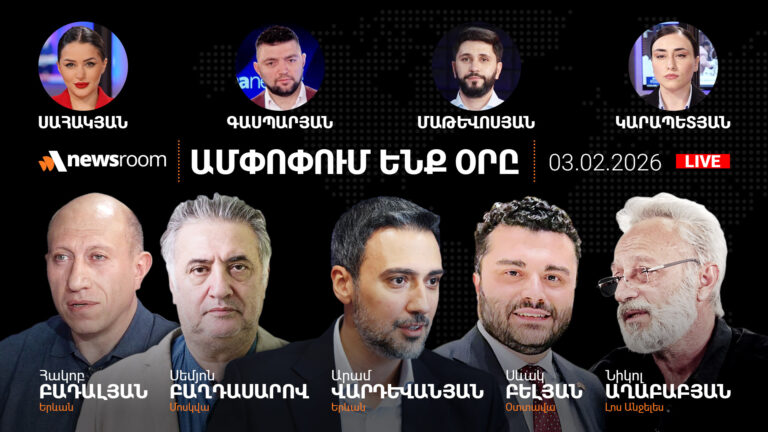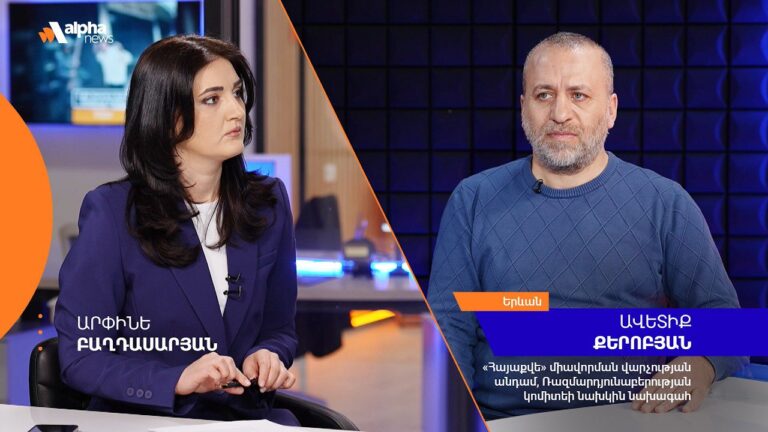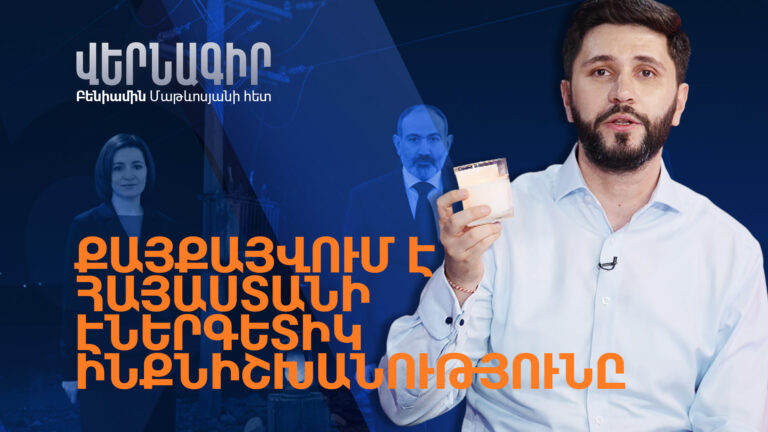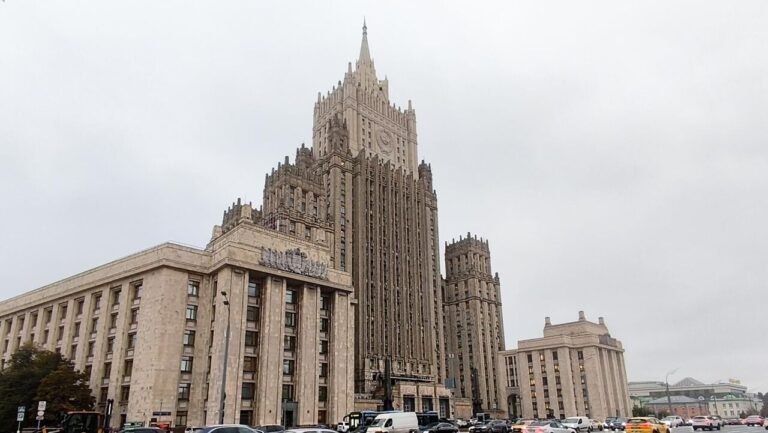Hakob Badalyan: The West will not bet on Armenia without Georgia, with which communication is inevitable
April 06 2024, 11:00
There is a problem of communication between political forces and the public, political commentator Hakob Badalyan told Alpha News.
“Most of society adequately assesses the risks of these processes. The processes have already become very transparent and dynamic, many things are visible. The whole problem is that there is a crisis of disappearing political capital in Armenia. Here is the problem. It is not that the public does not understand and does not follow any political force, but there is a problem of communication between these forces and the public that is caused by objective and subjective circumstances.
If, for example, about 60–70 percent of the public does not trust any political force and keeps itself away from politics, I believe this is an assessment of adequacy. If people were divided into different political directions, we would see it in a sociological picture. But most of society does not participate in all this because they understand that all this does not express the problems that are facing Armenia and require solutions,” he noted.
According to Hakob Badalyan, the more pro-Russian or pro-Western orientation is discussed today, the more Armenia will lag behind global development.
“After the April war, I wrote articles about the fact that if our social and political life remains Western or Russian in its content, we will significantly lag behind global development because changes are happening in the world. Unfortunately, all remained the same, and we are still doing it today. The problem is not to be pro-Western or pro-Russian; the problem is what kind of conversation the political forces will have with the public in the direction of forming political, economic, and other content within Armenia,” Hakob Badalyan emphasized.
He also noted that there is no social potential in Armenia, which is used by important geopolitical players.
“Bring pro-Armenian, so to speak, means how much we talk about our internal affairs, how much we put aside who will save us, who will help us, come to power in Armenia, or do other things, and how much we can create ourselves in Armenia, as a process that all geopolitical directions will already take into account. They may disagree; they may have a drastically different approach, but if they see that there is a political process in Armenia, everyone will take it into account.
Everyone is interested in not having such a process in Armenia. Geopolitical centers and empires, which fight to divide the world, are not interested in dealing with an extra subject. They feel better when Armenia does not take a step to have subjectivity,” he said.
“There is the issue of Georgia, but what kind of regime it is in is another issue. The policy of Georgia in recent years showed that there are quite a few concerns and risks there. In Georgia, before the elections, an attempt is being made to open a trade field with the West with interesting legislative initiatives. They are introducing laws that are against Western narratives, which means that some process will obviously take place in this matter. They cannot bet on Armenia without Georgia, with which communication is inevitable,” Hakob Badalyan emphasized.
He mentioned two reasons why Armenia has become a “target” of the West: first, the major conflict in the Caucasus was related to Armenia, and second, there was the issue of Artsakh.
“Besides, if we look at the bilateral relations between Armenia and Russia, for Russia, these relations are really multi-layered, including for attacking Russia. These circumstances naturally lead to the fact that the West has chosen Armenia.
Let’s keep in mind that this policy towards Armenia unfolded with greater momentum when Artsakh was depopulated; as a result of ethnic cleansing, the Artsakh issue disappeared, and this opened up a more relaxed policy towards Armenia because it significantly neutralized the risk of any confrontation with Azerbaijan. I am talking about the attitude of Western players,” Hakob Badalyan concluded.








